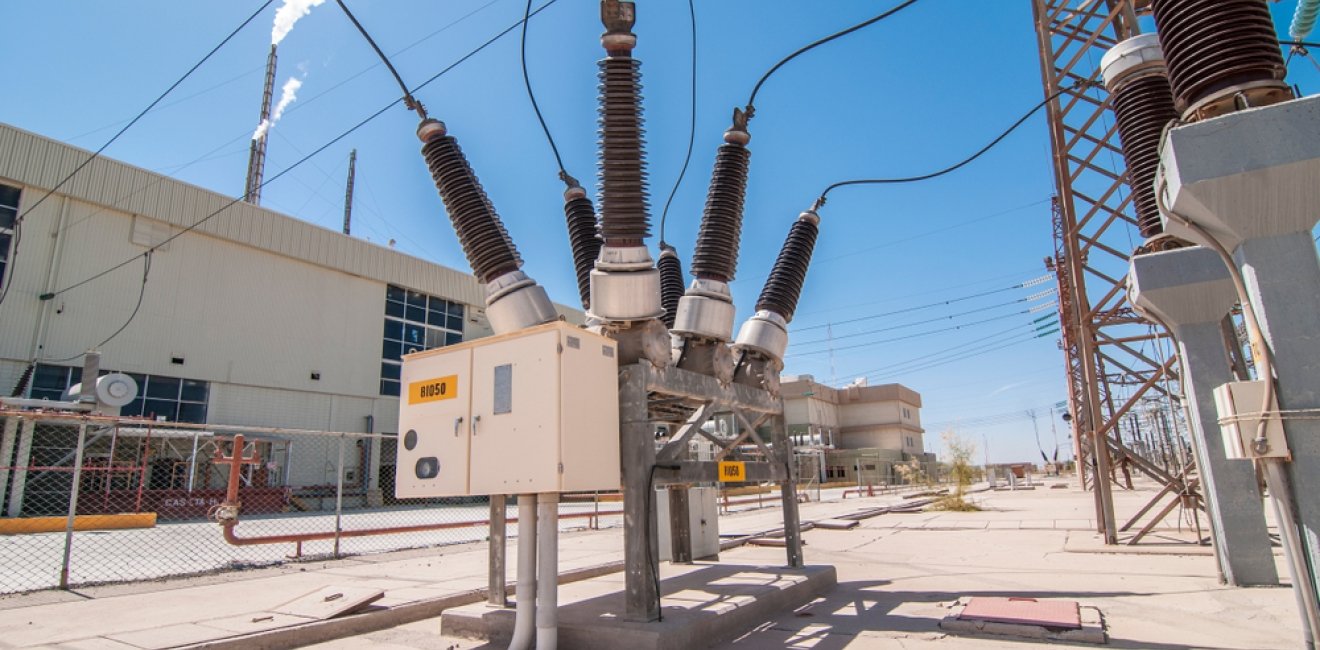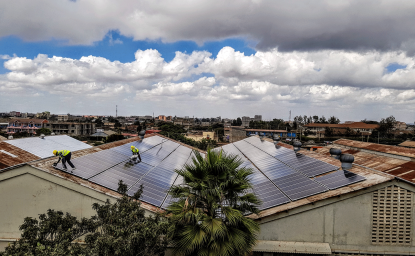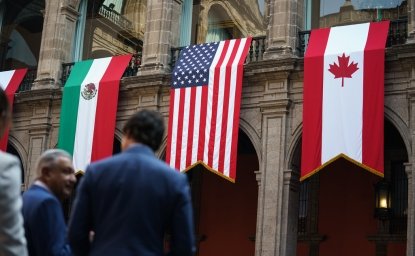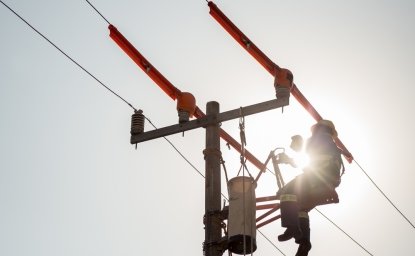Within weeks of taking office on Oct. 1, President Claudia Sheinbaum has reshaped Mexico’s energy industry.
It happened fast. First, on Oct. 30, Sheinbaum signed a constitutional reform that altered the legal status of the Federal Electricity Commission (CFE) and the state-owned oil company Pemex, making them “public companies" and no longer "productive state companies,” as they were designated during Mexico’s 2014 energy reform. While some industry members initially thought the status change of the state-owned enterprises (SOEs) was cosmetic, the approved amendments to Articles 25, 27, and 28 go much further and, for example, guarantee that CFE will take dispatch precedence over all private sector participation in the electricity sector. At the same time, third parties are prohibited from supplying power transmission and distribution services, as the state will solely develop such projects.
Second, on Nov. 21, another constitutional reform — which seeks to dissolve the Energy Regulatory Commission (CRE) and National Hydrocarbons Commission (CNH) and fold them within the government Energy Ministry (Sener) — was approved in the Chamber of Deputies, where Sheinbaum’s Morena party has a supermajority. The amendment will now be sent to the Senate to be voted on, and if approved as expected, it could be signed by President Sheinbaum and published in the country’s official legal gazette, the DOF, in December.
These constitutional reforms were proposed before Sheinbaum’s presidency. They were part of a package of amendments announced in February by former President Andrés Manuel López Obrador (AMLO), though they’ve received unwavering support from Mexico’s new leader.
Sheinbaum, who holds a PhD in energy engineering from the Universidad Nacional Autónoma de México (UNAM) and completed the work for her thesis at the Lawrence Berkeley National Laboratory in California, has maintained a clear vision for a CFE and Pemex-dominated energy industry since the 1990s. In the more than 100 research and peer-reviewed articles Sheinbaum authored from 1994 to 2019, she repeatedly called for Mexico to keep the sector nationalized, maintain full ownership over its natural resources, and control electricity generation by the state without allowing for outside and foreign participants.
Within a few weeks of taking office, Sheinbaum’s long-term vision for Mexico’s energy sector was well underway.
Investor Uncertainty
In a US-Mexico energy industry event in November, former CRE Chairman Guillermo García Alcocer said that the country’s decision to dissolve the energy regulatory bodies into Sener was “schizophrenic.”
He explained that if a foreign company is interested in investing in Mexico, it will likely have to partner with Pemex or the CFE. This model was standard under AMLO, and multiple large energy players—Sempra Energy, TC Energy, New Fortress Energy, and Carlos Slim’s Grupo Carso—partnered with the SOEs to develop large-scale natural gas and oil exploration projects.
However, should the CRE and CNH be absorbed by Sener, Mexico’s previously autonomous industry regulators will now be government-controlled. Therefore, if a company partners with CFE or Pemex, it must also operate under rules determined by the state, which can be assumed will favor the SOEs over a third party or private participant.
Furthermore, given the recent constitutional amendment to reform Mexico’s judicial branch, municipal, state, and federal judges and Supreme Court justices will be elected by popular vote shortly. The country is increasingly dominated by the Morena party — which governs 23 of the nation’s 32 states — and should there be a legal dispute in a contract between a foreign energy company and CFE or Pemex, it is tough to think a third-party investor — already regulated by the state — would receive fair, unbiased treatment.
Because of these changes, some industry experts think investor certainty in Mexico’s energy sector — already weakened during the AMLO administration — has been further damaged. There’s been a lot of change in weeks, and some opine that foreign capital will look to invest in countries with a more secure legal and industry framework in place, at least until the dust settles following Mexico’s wave of constitutional amendments.
Others, however, maintain some optimism for the sector. Sheinbaum’s recently announced National Energy Plan for 2025-2030 has received some positive reviews, particularly for its ambitions to increase clean power dramatically and for expressing openness to partnering with private companies to boost generation capacity.
How welcome the sector will be to private investment — while Sheinbaum openly pushes to increase state control in the industry — will likely be revealed during the next 12 months.
Wild Card: USMCA
One potential impact of the recent constitutional reforms to Mexico’s energy industry could come from the United States-Mexico-Canada Agreement (USMCA) review scheduled for 2026. In June 2022, the US requested dispute settlement consultations with Mexico under the USMCA, claiming that changes to the energy sector under AMLO “undermine American companies and US-produced energy in favor of the CFE and Pemex.” At the time, US Trade Representative Katherine Tai said that “US companies continue to face unfair treatment in Mexico.”
These disputes were never resolved and remain pending ahead of the 2026 USMCA review, which the incoming US President Donald Trump government will oversee. Negotiations between Sheinbaum and Trump are expected to be tense on topics such as immigration and drug trade, and Mexico’s recent constitutional reforms to favor CFE and Pemex over private and foreign competition might immediately become more relevant at a geopolitical level.
Author


Mexico Institute
The Mexico Institute seeks to improve understanding, communication, and cooperation between Mexico and the United States by promoting original research, encouraging public discussion, and proposing policy options for enhancing the bilateral relationship. A binational Advisory Board, chaired by Luis Téllez and Earl Anthony Wayne, oversees the work of the Mexico Institute. Read more







